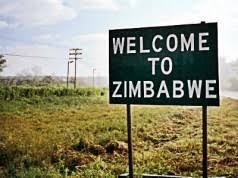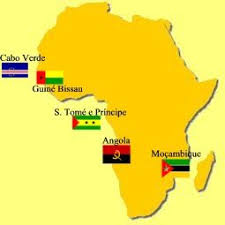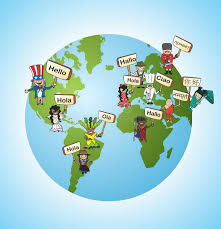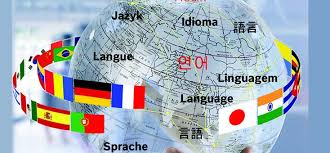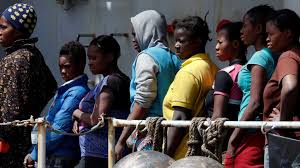Once known as the ‘Jewel of Africa’ for its prosperity, Zimbabwe is a country with the most official languages in Africa. This comes as a result of having 16 official languages legally codified by Zimbabwe’s new constitution after breaking their cordial neighbor’s record, South Africa who had only 11.
Zimbabwe’s Official Languages
The distinctive definition of official languages that is to say by an organization for economic corporation and development, is a language that has legal status in a particular legally constituted political entity and that serves as a language of administration’, for the country as a whole. However, a country might be having many languages but not all considered to be official. For example, India’s overall official language recognized in the constitution is Hindi, though other languages are considered official languages of certain areas like Kashimir in Kashimir and many others.
Here are Zimbabwe’s 16 official languages approved by parliament on 9 May 2013
- Chewa
- Chibarwe
- English
- Kalanga
- Koisan
- Nambya
- Ndau
- Ndebele
- Shangani
- Shona
- Sotho
- Tonga
- Tswana
- Venda
- Xhosa
- Sign language
How to effectively communicate in Zimbabwe
With English as the main language used in the education and judiciary systems but less so in the rural areas, 70% of the natives speak Shona and 20% speak Sindebele language.
Now ask oneself, with such a number of official languages how can communication be effectively done in such a country? Well, the idea of seeking professional translation services have got to kick in to save the situation. Let’s take a look at some of the professional translation services that can possibly be done in Zimbabwe to ease communication and smoothen in the business world;
- Ndebele translation services
- Chewa translation services
- English translation services
- Shona translation Services
- Xhosa translation services
Other African language translation services that exist include Malagasy translation services, Tigrinya, Oromo among others.
However, no matter the area of specialization one deals in, professional translation services are always the answer be it Medical, Education, Legal, and Financial.


